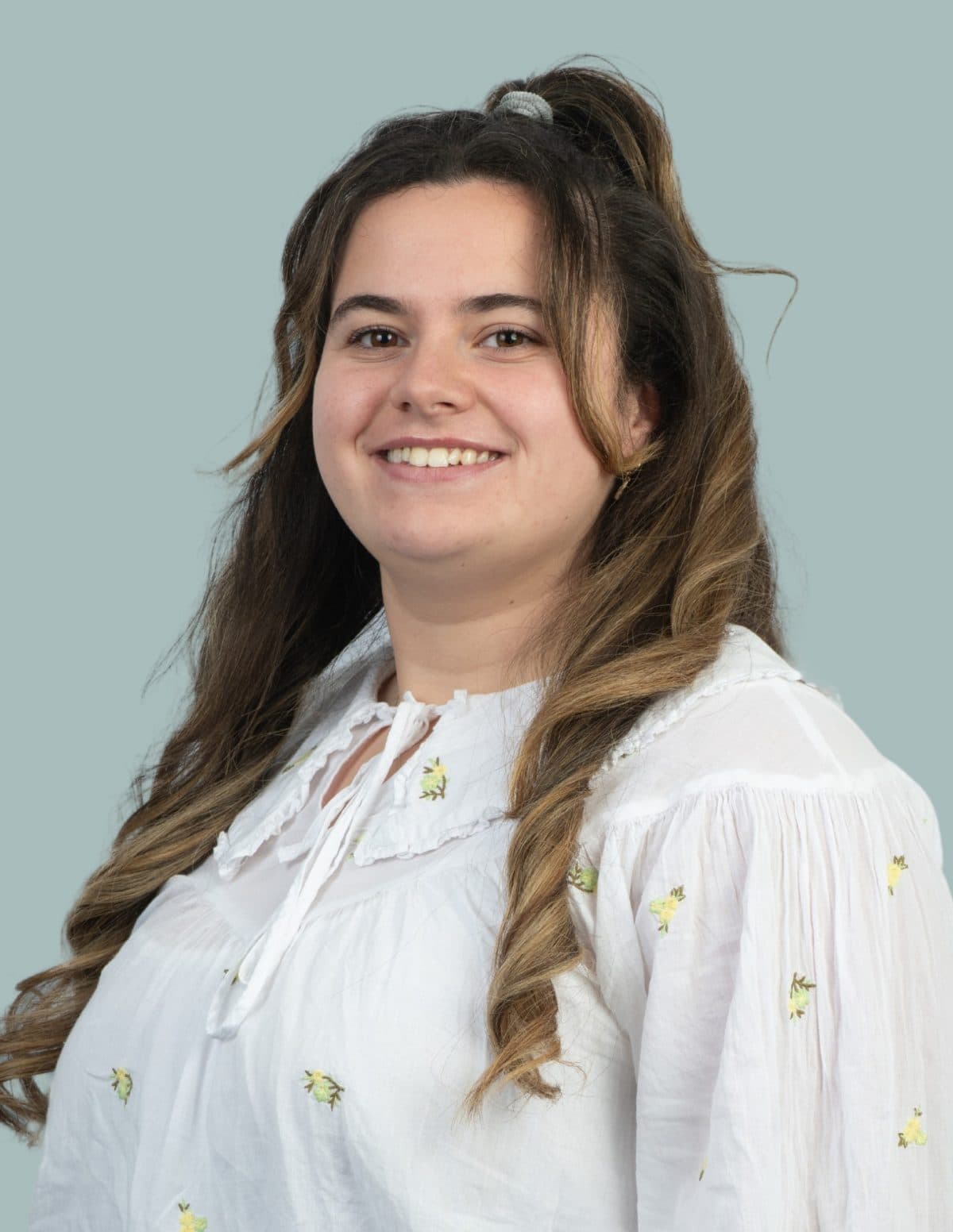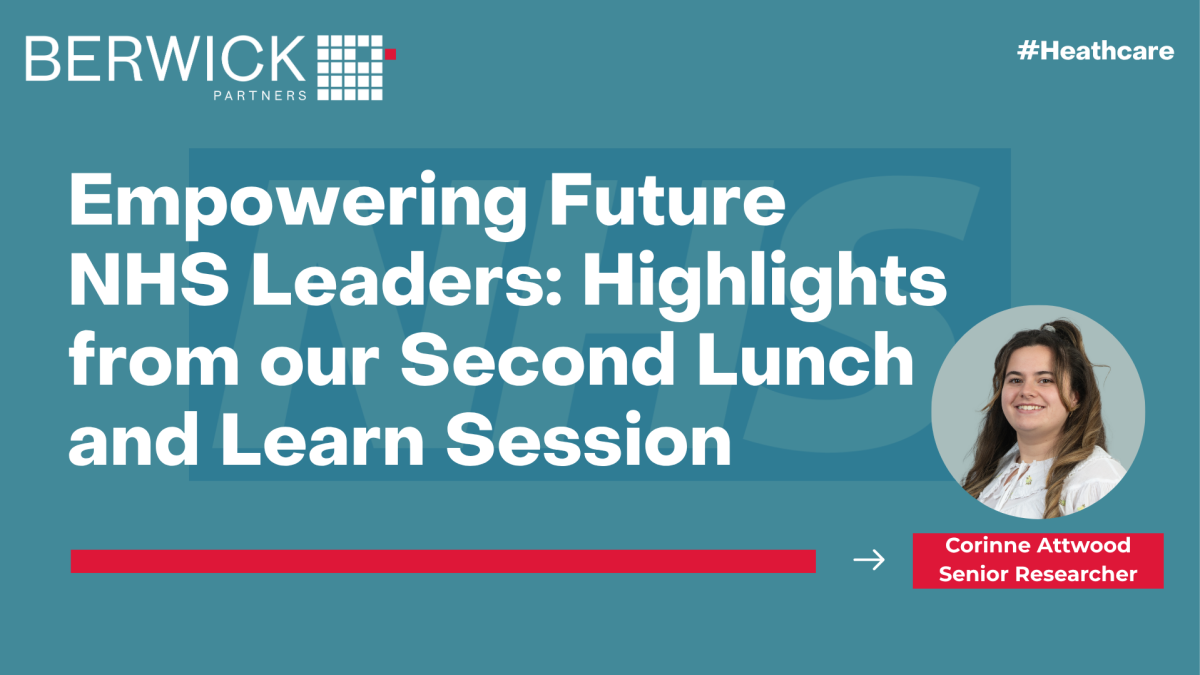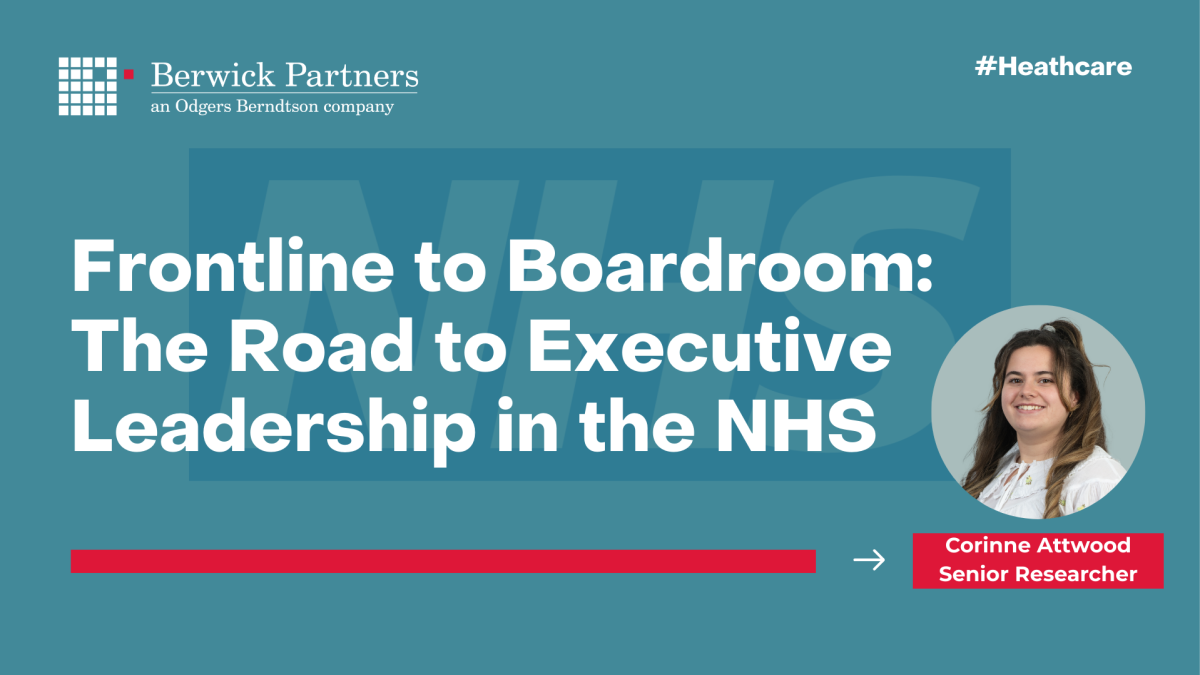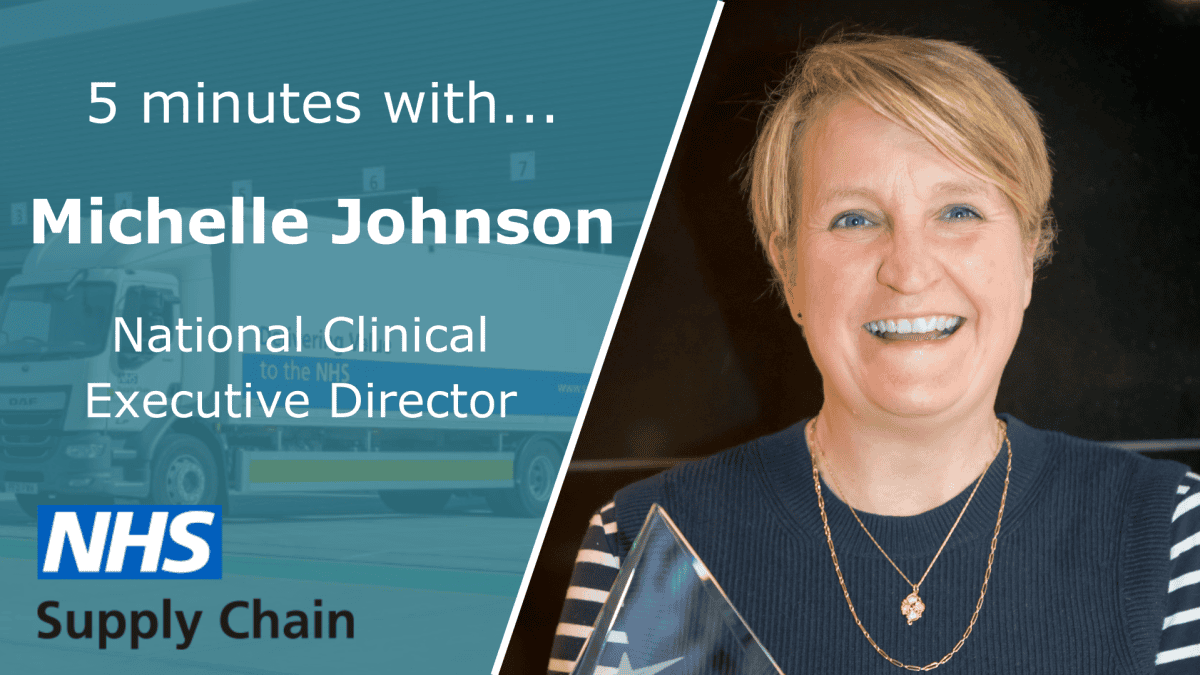5 minutes with… Stephen Mardlin, Hospital Director – Worthing and Southlands Hospitals for University Hospitals Sussex NHS Foundation Trust
In the latest 5 minutes with… Hannah Wade, Associate Partner, and Corinne Attwood, Senior Researcher, in our Healthcare Practice, sat down with Stephen Mardlin. Hannah and Corinne were pleased to place him in his current position as Hospital Director – Worthing and Southlands Hospitals for University Hospitals Sussex NHS Foundation Trust. Here, Stephen spoke about his military background, and how he has adapted to working within the NHS, including some of the key achievements over the past year in post.
Tell us about your career prior to joining the NHS?
I joined the Royal Navy in 1989 on completion of a degree in Psychology. Passing out of Britannia Royal Naval College in 1990, my early career was in Naval Bases and at sea as a Logistics Officer. I took a change in career path, and qualified as a Chartered Management Accountant, which allowed me to combine both my financial and logistics experience. I was promoted to Commander and led the International Defence Training for the Royal Navy, and commanded the Joint Support Unit in Gibraltar, which is akin to running all the Facilities, Estates, Procurement and HR functions within a hospital. I completed an Executive MBA and was awarded an MBE for delivering a series of projects including a Royal Navy Structural Rebalancing Programme. Promoted to Captain, I served overseas before being the Deputy Commander (akin to Chief Operating Officer and Deputy Chief Executive) for the Maritime Reserve.
How is the role going Stephen?
I absolutely love my role in the NHS, I wanted to find a busy operational leadership role where the outcomes are delivering benefit to society. The position I am in has proved to be a perfect fit, there is never a dull moment, and just like being out at sea, you always learn and deliver more by walking around, listening to the staff, and removing barriers to them doing their job, as opposed to sitting behind a desk. You get quite used to being moved around by the Navy, but I could do this role for ten years which is novel to me. The hospital is truly a great place to be and so welcoming, which made transitioning from the Navy easy.
What impact have you had within the organisation thus far?
Although the NHS does not use this language, I was given Mission Command when I joined: to learn the NHS, know the hospital’s people, be always visible and curious, and do whatever I think is right to improve quality (clinical outcomes, patient experience and safety). Most tangibly, my impact is that we have a new Urgent Treatment Centre under construction and we renovated five wards, none of which were in the plans when I joined. I’m respectfully questioning established processes and engaging the teams to lead and enable improvement. There is still much for me to learn, but this is a people-focused role, where my success is measured in theirs.
Becoming a leader trusted by doctors, nurses and people from of all staff groups was my goal. 360-degree feedback indicates success in this as does the daily myriad of personal interactions on an amazing array of issues. It’s shown by the little things such as being the only non-consultant in their social WhatsApp group, senior managers seeking my advice, and health care assistants wanting to discuss their improvement ideas with me. Perhaps, most of all, it’s simply being part of a great team.
What does the future look like for Stephen?
I am enjoying NHS funded coaching and mentoring sessions, supported by our chief executive, with the specific intent of career development towards C-Suite roles. Alongside my core role as an operational director, my experience has allowed me to bring a different perspective to a range of issues and how to make things happen. This could see me working with our executives on some interesting projects for the future of our Trust. I’ve also joined South East Coast Ambulance Service as a Nominated Governor and have been working with their board on strategy development. Whilst in no hurry to move because this job is so good, this is definitely the start of a second career with plenty of opportunity.
What does the future look like within University Hospitals Sussex NHS Foundation Trust?
Focusing on Worthing and Southlands Hospitals: a new Urgent Treatment Centre is being built at the front of the Emergency Department to collocate the streamlining of those services, improving patient experience and care, reducing waiting times, and directing patients to the most appropriate clinical pathway. There is also going to be a large expansion of the Same Day Emergency Care department as part of a wider NHS England initiative to provide the right care, in the right place, at the right time for patients. This means that patients can be rapidly assessed, diagnosed, and treated without being admitted to a ward, and if clinically safe to do so, go home the same day their care is provided. This will reduce the pressure on beds, easing capacity for elective care and admission for those emergency patients that need it. Having recently opened the brand-new Community Diagnostic Centre at Southlands, the second phase is now under construction to provide a range of diagnostic tests, including x-ray, ultrasound, CT, and MRI, for outpatients referred from either primary or secondary care. We are also improving facilities for visitors, staff and patients through a closure and refurbishment of the restaurant, and redesigning and improving the gardens including a new staff memorial garden and Armed Forces memorial garden.
How did you find the process of working with an exec search firm?
I knew I wanted to change sector, with particular interest in the NHS. It was, therefore, necessary, for me to pitch my CV and transferable skills to Odgers Berndtson, alongside drawing on your team’s expertise and knowledge of what the client wanted in a successful candidate. I was on the books of three large firms, and reached longlist or further for ten roles, which allowed me to gain valuable feedback and define my own objectives. By your team getting to know me and recognising my transferable skills, UHSussex had the confidence to call me to interview.
If you are looking to progress your career within the Healthcare sector, do not hesitate to speak to our NHS Healthcare Practice. You can contact Corinne Attwood, or Hannah Wade via their pages.





